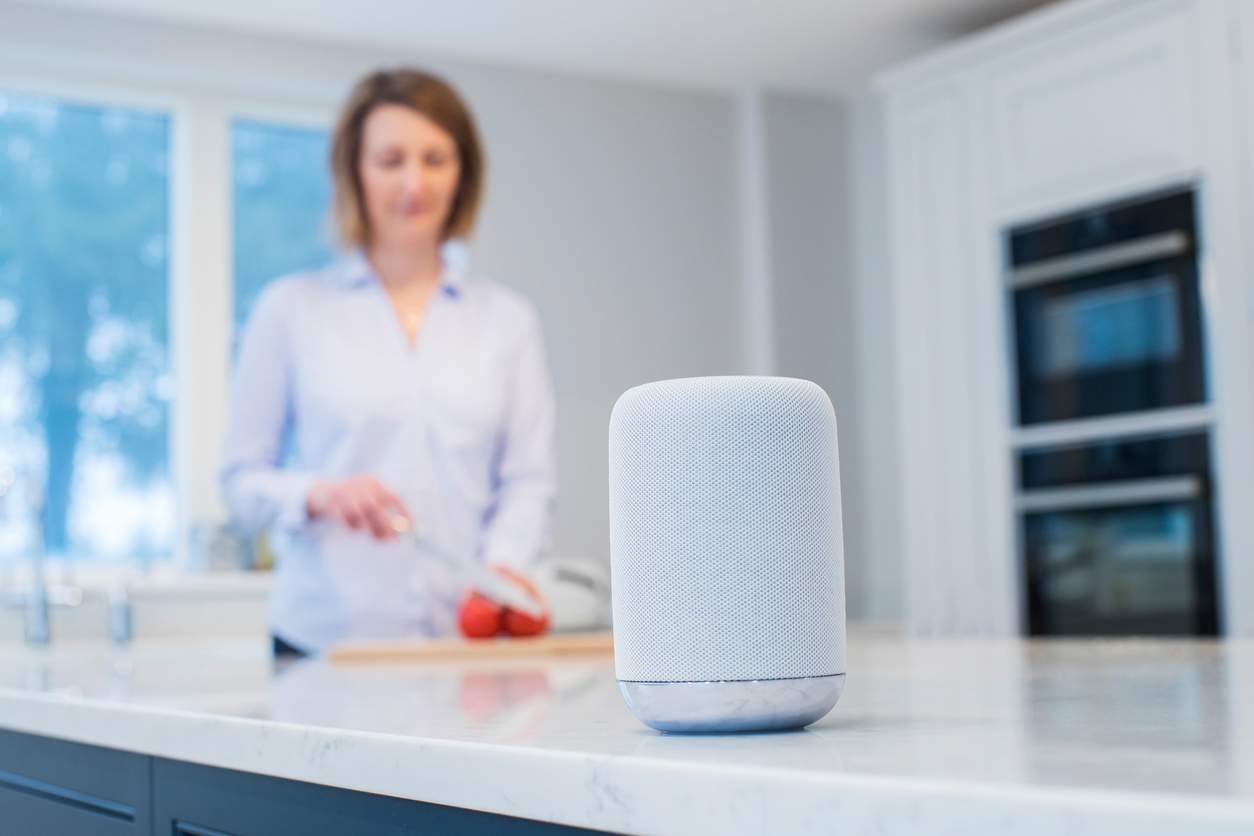Figures of Speech: How Smart Speakers are Changing Search
Search
Aug 30
Voice search is becoming a big part of the lives of web users who as looking for information or searching for products and services. One big reason why is due to voice recognition accuracy, which is now up to about 95 percent, according to Google. This advancement in artificial intelligence technology has created growth in the “smart speaker” industry.
The Amazon Echo launched in mid-2014 and almost overnight created the smart speaker category. Today, all the top tech and electronic companies offer a smart speaker. Voice-activated search on these types of speakers has become part of the daily routine for those who have one.
Nearly three-quarters of those who own voice-activated speakers say they use the devices daily, according to Google, and more than half of people age 55 and older say being able to search using smart speaker empowers them to seek out answers and information.
How does this affect consumer search and marketers’ techniques for search? One such area to consider is the increase in semantic search queries. Semantic searches are more about finding the context and meaning of a person’s search request rather than just focusing on the keywords. Voice-activated searches have become more commonplace, and that’s helping to build more semantic searches.
Let’s look at a few areas where voice search is having an impact on marketing methods:
● Higher numbers of casual searches: People today don’t have to reach into their pockets for their phones to do a search. Instead, they can call out a query in their living room. This added convenience is leading to higher volumes of casual searches (“Hey Alexa, where can I get a pizza on sale today?”) and meets customer needs more quickly, so marketers have to be ready to respond.
● More data and personalization: Marketers are able to see and collect more data on users than ever before. People are using multiple accounts on multiple devices, which is giving device owners more data to offer to marketers. Because of this, the future likely includes more product customization and in-depth search personalization.
● More audio searches, less visual branding: Smart speakers today are voice-only (“screenless searches,”) lowering the visual component of branding used in search visibility and rankings. Marketers need to consider future search terms that are simple to speak and easy to announce for clear searches.
● Optimizing for voice marketing: Marketers need to review segments and stages in the existing customer journey. Where does voice marketing fit in for the brand? Google recognizes voice in short search queries and voice engagement tasks. Marketers will have to adjust their schema markups to make the transition in this evolution, though one study notes that schema may not play such a key role in voice search.
● High domain authority matters: Voice search may rely more heavily on the authority of a domain for its answer, as it’s giving users only one key answer. The higher the domain authority, the more confidence Google feels in providing that answer. This differs from a traditional web search that offers 10 URLs on page one of Google available for users to check.
Voice-activated search over smart speakers continues to evolve, and it’s important for marketers to stay on top of this fast-growing segment.






